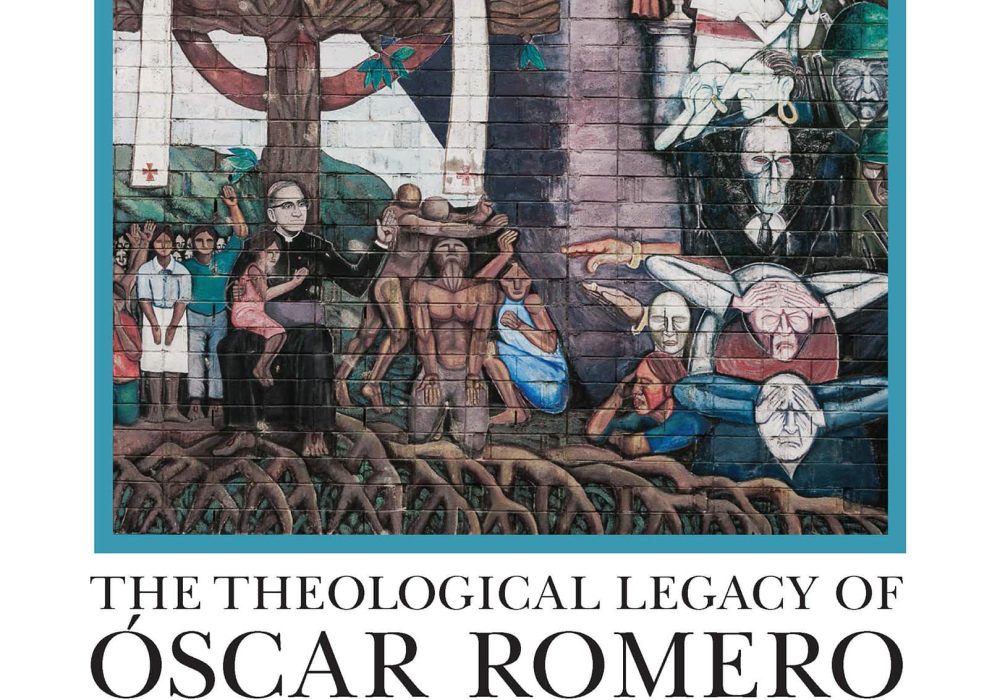Cosponsored by the Theology Club at the University of Chicago Divinity School and Orbis Books. This program was made possible in part by a grant from the Our Sunday Visitor Institute.
Join us for a symposium of the recent book Revolutionary Saint: The Theological Legacy of Óscar Romero (Orbis Books, 2018) by Michael Lee. Copies of the book will be available for sale by the Seminary Coop Bookstore at the event.
About the book
Many years after his death in 1980, the world is still absorbing the witness of Óscar Romero, the archbishop of San Salvador, martyred for his commitment to the poor and social justice. In this work, Michael E. Lee offers a profound reflection on the theological implications of Romero’s life and ministry.
Drawing on Romero’s biography as well as his homilies and other writings, Lee considers specifically how Romero’s witness challenges Christians in the U.S. to reimagine a robust Christian spirituality that is at once a mystical encounter with God and a prophetic engagement in the struggle for justice. In light of Romero’s beatification and canonization, Lee reflects on the implications of the archbishop’s recognition as a martyr and on the model of holiness he offers for the wider Church today.
Prof. Lee also gave a luncheon talk in downtown Chicago earlier on the 11th on “The Life and Legacy of Saint Oscar Romero.”

